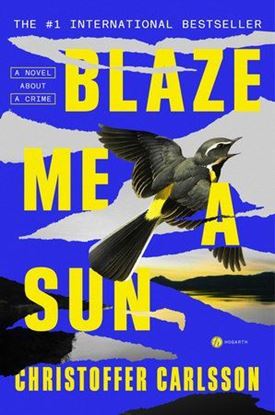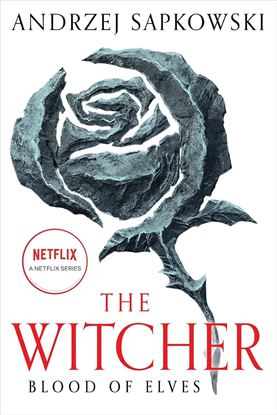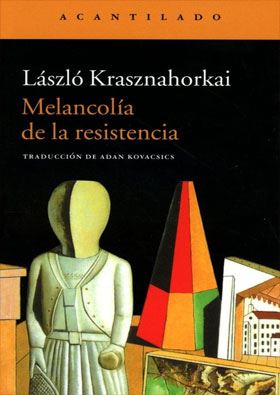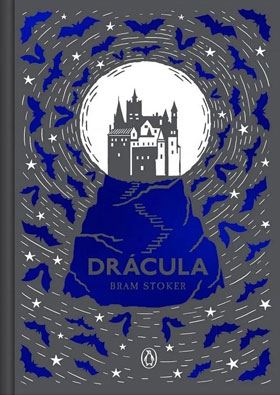

BEST WISHES FROM THE FULL MOON COFFEE
Welcome back to the Full Moon Coffee Shop, serving up star-spun treats and magical insights for the holidays.
In Japan, cats are a symbol of good luck. As the myth goes, if you are kind to them, they’ll one day return the favor. And if you are kind to the right cat, you might just find yourself invited to a mysterious coffee shop under a Christmastime Kyoto moon.
Satomi is devoted to her job in Tokyo, but when her long-distance boyfriend hints that he is going to propose to her on Christmas Day, she feels pulled between the career that she loves and a quieter life in the country. What will the magical cats see for her future?
1,350
BEYOND ANXIETY
AN OPEN FIELD PUBLICATION FROM MARIA SHRIVER
Most of us assume that the key to overcoming anxiety is to think our way out of it. And for a while, it works. Meditation and mental exercises offer us relief, but there is always something—a work deadline, a family emergency, a particularly distressing newsbreak—that disrupts our sense of peace and sends us right back inside the same anxious spiral we’ve been trying to climb out of.
Is there a way to reduce our anxiety, not just in the moment, but in every moment after that?
After a lifetime of struggling with anxiety, Martha Beck studied just about everything there was to know about how to calm down. What she realized is that the analytical part of our brain—so valued in Western culture—is the same structure responsible for amping up anxiety. In other words, we cannot logic our way to relief. In Beyond Anxiety, she reveals that to find calm, we must activate an entirely different part of our brain, one responsible for curiosity, wonder, and, most of all, creativity.
1,450
BLAZE ME A SUN (MR EXP)
In February 1986, the Halland police receive a call from a man who claims to have attacked his first victim. I’m going to do it again, he says before the line cuts off. By the time police officer Sven Jörgensson reaches the crime scene, the woman is taking her last breath. For Sven, this will prove a decisive moment. On the same night, Sweden plunges into a state of shock after the murder of the prime minister. Could there possibly be a connection?
As Sven becomes obsessed with the case, two more fall victim. For years, Sven remains haunted by the murders he cannot solve, fearing the killer will strike again. Having failed to catch him, Sven retires from the police, passing his obsession to his son, who has joined the force to be closer to his father.
Decades later, the case unexpectedly resurfaces when a novelist returns home to Halland amid a failed marriage and a sputtering career. The writer befriends the retired police officer, who helps the novelist—our narrator—unspool the many strands of this engrossing tale about a community confronting its shames and legacies.
995
BLOOD OF ELVES
For over a century, humans, dwarves, gnomes, and elves have lived together in relative peace. But that peace has now come to an end.
Geralt of Rivia, the hunter known as the Witcher, has been waiting for the birth of a prophesied child. The one who has the power to change the world for good—or for evil.
As the threat of war hangs over the land and the child is pursued for her extraordinary powers, it will become Geralt’s responsibility to protect them all. And the Witcher never accepts defeat.
1,400
BOOK BOYFRIEND
Jennifer Worth lives to escape into the world of her favorite romantasy series Elytheum Courts, where the romance is sweeping and the men are brave, chivalrous . . . and winged. Newly single and craving connection, she travels to an immersive fan experience celebrating all things Elytheum, only to see the last face she expected—Scott Daniels, her work nemesis, whose disinterest in Jennifer’s favorite series and standoffishness have made their publishing jobs feel like a feuding fae court.
Except the Scott she encounters at the Elytheum Experience, in his secondhand cosplay outfit, is . . . different. Swaggering, flirtatious, confident. Unlucky in romance himself and inspired by Jennifer’s love for the swoonworthy men of Elytheum, Scott is determined to remake himself into the perfect book boyfriend.
Jennifer has no interest in helping the man who vexes her every workday and dismisses her fictional fantasies, but as the immersive convention activities force them together, they’re surprised to discover magic like none Jennifer has ever read about. But is enemies-to-lovers romance only for books, or can Jennifer and Scott bring the trope to life?
900
BORROW MY HEART
Wren is used to being called a control freak. She doesn’t care; sticking to the list of rules she created for herself helps her navigate life. But when a cute guy named Asher walks through the door of her neighborhood coffee shop, the rulebook goes out the window.
Asher is cute, charming . . . and being catfished by his online crush. So Wren makes an uncharacteristically impulsive decision—she pretends to be the girl he’s waiting for to save him from embarrassment. Suddenly she’s fake-dating a boy she knows nothing about. And it’s . . . amazing.
It’s not long before Asher has her breaking even more of her own rules. But will he forgive her when he finds out she’s not who she says she is? Wren’s not so sure. . . . After all, rules exist for a reason.
950













